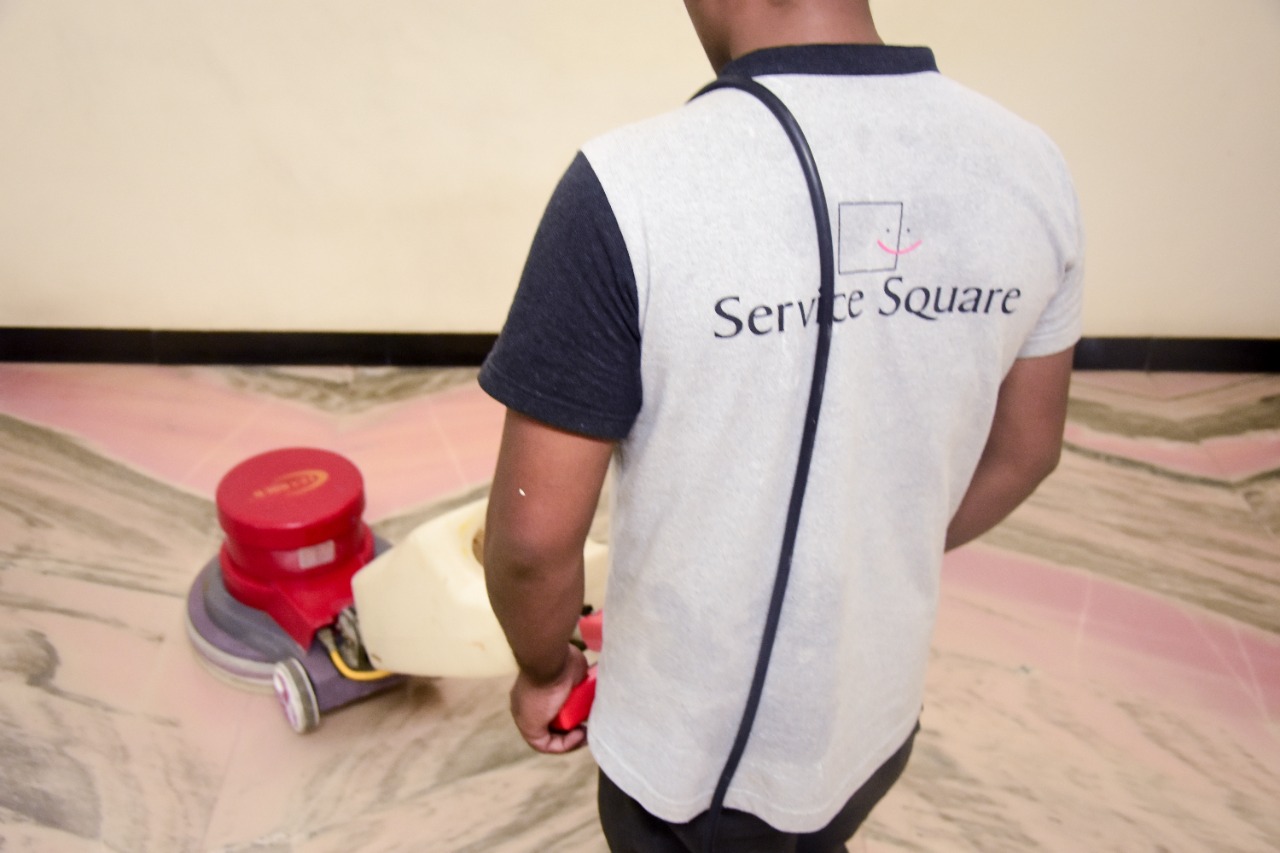Service with a Heart is what sets us apart from the competition. This is the second post in a series of five blog posts on how our tagline is redefining our work and culture within our company.
Each alphabetin Heart stands for values or attitudes that make our team jell together and make our work really special.
H for Hear (You can read our post on this here)
E for Empathy
A for Art
R for Rituals
T for Transcend
This post is about Empathy – to feel with others
Empathy is a beautiful word that conveys deep understanding of someone else’s feelings. Cambridge dictionary defines it as “the ability to share someone else’s feelings or experiences by imagining what it would be like to be in that person’s situation.”
When we empathize with someone, the ‘other’ ceases to exist. We become part of her or him.
It is easier said than done, though. For example, it is not always easy to feel deeply with our teams – more so when things go wrong. The easy and natural tendency is to point an accusing finger.
But, free flow of two-way communication helps to take us back on the track of empathy. The regular team meetings we have help our team members to share ideas or to give vent to their feelings.
More than anything else, what really builds empathy is when we, in positions of authority dismount from our high horses and get a feel of the hard and great work done by our staff by being with them.
So, we make it a point to meet our teams as they work, often. This creates bonding and an understanding about the great value of their work.
When we treat our teams with empathy, they are more than likely to deal with our customers in the same vein.
As we move beyond an intellectual understanding of a customer’s story to walk in her or his shoes, the service that follows has a special glow. Customers call it as an experience to treasure.
There is a beautiful passage in Saint Exupery’s The Little Prince about understanding, seeing or hearing.
“It is only with the heart that one can see rightly; what is essential is invisible to the eye.”
Harvard marketing professor Theodore Levitt shares the same idea in a more prosaic way:
“People don’t want to buy a quarter-inch drill bit. They want a quarter-inch hole.”
Delving with empathy into why they need the quarter-inch hole may reveal the real stories.
Such insights are the fruits of empathy.
To be honest, there is indeed some way to go to practice what we preach regarding empathy. When we deviate from this path at times, we do course-correction and get back on track. Because, without empathy, there is no great customer service.





